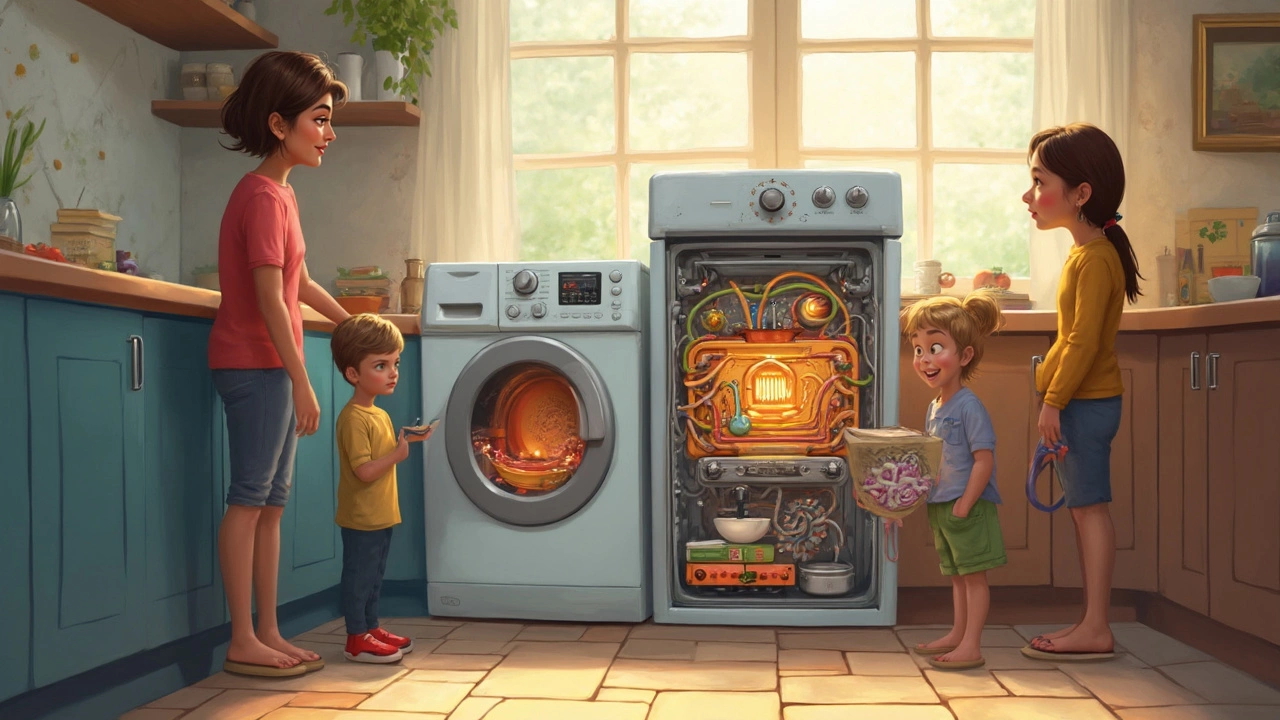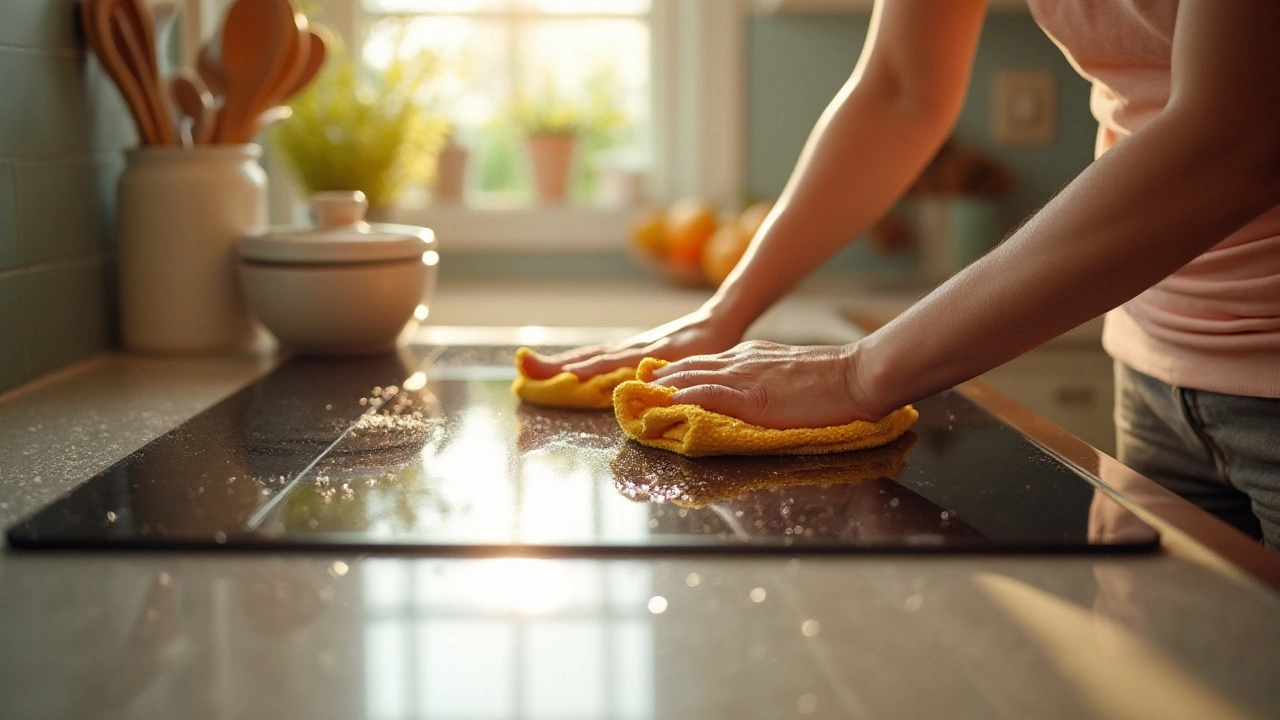Repair Tips – Quick Fixes and Advice for Home Appliances
Got a noisy washing machine, a stove that won’t heat, or a thermostat acting up? You’re not alone. Most homeowners face appliance hiccups every few months, and a lot of them can be solved without a pricey service call. This page gathers the most useful repair tips from our blog, giving you straight‑forward steps to try before you pick up the phone.
We’ll walk through common quick fixes, safety basics, and the tell‑tale signs that it’s time to let a qualified technician take over. Keep reading for practical advice you can use today.
Simple Steps You Can Try Before Calling a Pro
1. Power reset – Many appliances get stuck because of a minor electronic glitch. Unplug the unit, wait 30 seconds, then plug it back in. This simple reboot often clears error codes on dishwashers, ovens and even boilers.
2. Check the basics – Make sure the appliance is properly plugged, the circuit breaker isn’t tripped, and any water supply valves are fully open. A loose plug or a closed valve is the most common cause of a “dead” machine.
3. Clean filters and vents – Lint, food debris or mineral buildup can choke airflow. Clean the dryer lint trap, fridge coils and extractor fan filters regularly. A clean filter can restore heating performance in ovens and improve efficiency across the board.
4. Inspect seals and hoses – Look for cracks, fraying or leaks on washer hoses, dishwasher door gaskets and fridge door seals. Replacing a cracked hose or a worn seal is cheap and prevents water damage.
5. Test heating elements – If an oven or hob won’t heat, the element may be burnt out. Use a multimeter to check continuity; a zero reading means the element needs replacement. Swapping a cheap element is often easier than a full service call.
6. Reset safety features – Modern boilers and water heaters have reset buttons that trip when overheating occurs. Pressing the reset (after confirming there’s no gas leak and the water pressure is correct) can get the system running again, but only if the underlying issue is minor.
When to Call the Experts
If you’ve tried the above steps and the problem persists, it’s time to get a professional involved. Here are scenarios where calling a qualified technician is the safest choice:
• Gas‑related work – Any repair involving gas lines, boiler burners or gas‑powered hobs requires a Gas Safe registered engineer. Attempting DIY on gas components is dangerous and illegal.
• Persistent leaks – Water or refrigerant leaks that don’t stop after tightening fittings usually need a specialist’s tools and parts.
• Complex electronic faults – Modern appliances use micro‑controllers that need diagnostic equipment. If error codes keep flashing after a reset, a pro can read the codes and replace the right board.
• Age vs. cost – When an appliance is nearing the end of its typical lifespan (e.g., a 10‑year‑old stove or a 15‑year‑old boiler), compare repair quotes with replacement prices. Sometimes a new, energy‑efficient model saves money long‑term.
Remember, a professional repair not only fixes the issue but also gives you a written safety check, which can be handy for insurance or resale.
Whether you’re tackling a quick reset or deciding to call in a certified engineer, having the right info makes the process smoother. Bookmark this page for future reference, and check back for new tips as we add more guides on specific appliances.
Got a particular problem that’s not covered here? Drop us a message – we love helping neighbours keep their homes running without hassle.


